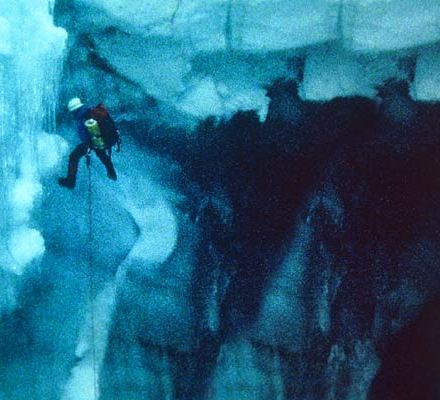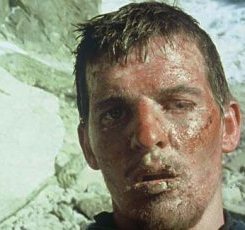“All told, the United States has spent an estimated $500 billion to fight drugs – with very little to show for it. Cocaine is now as cheap as it was when Escobar died and more heavily used. Methamphetamine, barely a presence in 1993, is now used by 1.5 million Americans and may be more addictive than crack. We have nearly 500,000 people behind bars for drug crimes – a twelvefold increase since 1980 – with no discernible effect on the drug traffic. Virtually the only success the government can claim is the decline in the number of Americans who smoke marijuana – and even on that count, it is not clear that federal prevention programs are responsible. In the course of fighting this war, we have allowed our military to become pawns in a civil war in Colombia and our drug agents to be used by the cartels for their own ends. Those we are paying to wage the drug war have been accused of human-rights abuses in Peru, Bolivia and Colombia. In Mexico, we are now repeating many of the same mistakes we have made in the Andes.“
To their credit, those left-wing hippie radicals at National Review said as much way back in 1996, and HBO’s The Wire has dramatized the dismal consequences of the conflict for several years now. Now, coming to the same dour conclusion in 2007, Rolling Stone‘s Ben Wallace-Wells explains how America lost the War on Drugs, and argues that continuing to perpetuate it in its current fashion — with its “law and order” emphases of crushing supply, international interdiction, and mandatory minimum sentencing — is tantamount to flushing money and lives down the toilet. “Even by conservative estimates, the War on Drugs now costs the United States $50 billion each year and has overcrowded prisons to the breaking point – all with little discernible impact on the drug trade…The real radicals of the War on Drugs are not the legalization advocates, earnestly preaching from the fringes, but the bureaucrats — the cops and judges and federal agents who are forced into a growing acceptance that rendering a popular commodity illegal, and punishing those who sell it and use it, has simply overwhelmed the capacity of government.” (Found via Jack Shafer’s endorsement at Slate.)


